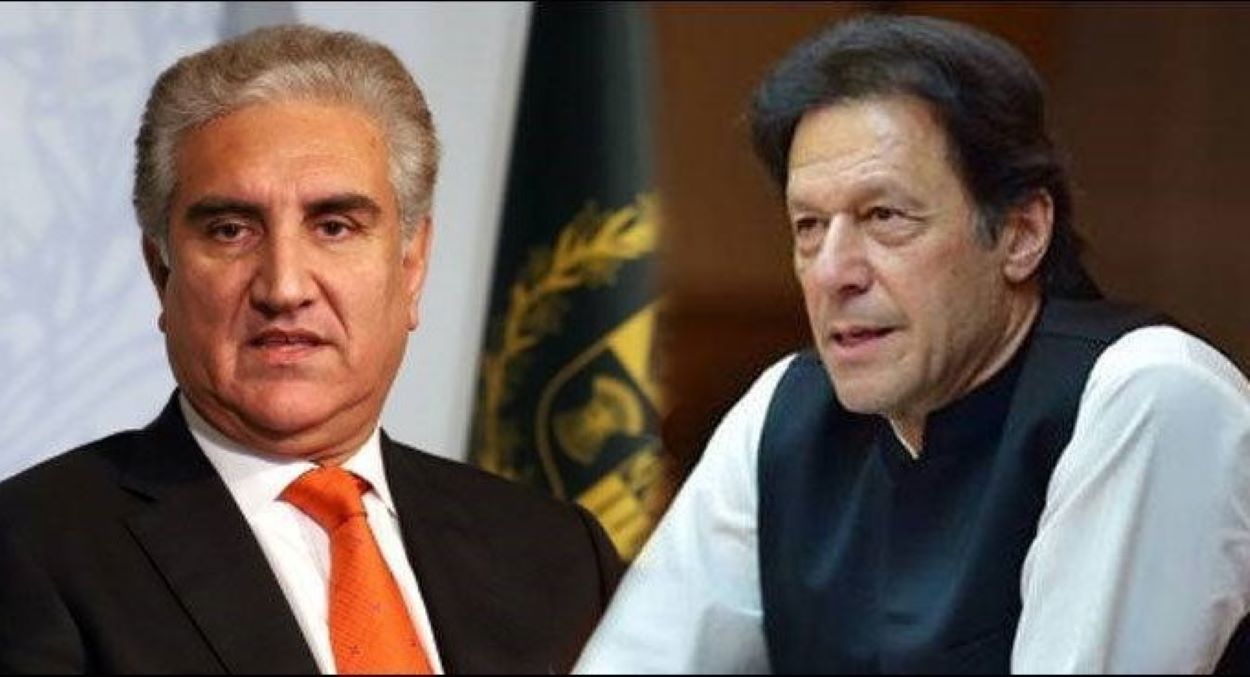The special court announced on Monday its decision to indict former Prime Minister Imran Khan and ex-Foreign Minister Shah Mahmood Qureshi in the cipher case, scheduled for October 17. This case revolves around a missing diplomatic document that the PTI claims contained a U.S. threat to remove the party chairman from his position. After being sentenced to three years in the Toshakhana graft case, Imran Khan was imprisoned and later shifted between jails due to the cipher case.
On September 30, the Federal Investigation Agency labelled both Khan and Qureshi as the main accused in this case. Meanwhile, Khan is challenging the legitimacy of his jail trial and the Toshakhana case verdict in the Islamabad High Court.
Imran Khan’s Treatment and Legal Proceedings Spark Controversy
During a court hearing at Adiala jail, special prosecutor Zulfikar Naqvi announced that only “necessary copies” of the case would be provided to the accused, which led to Khan refusing to sign or accept the case’s copies. This refusal sparked comments from both sides: Khan’s lawyer stressed the former Prime Minister’s demand for appropriate jail conditions and an open hearing, while Judge Zulqarnain emphasized the irregularity of accepting but not signing the provided documents. Following a surprise visit to the jail, Judge Zulqarnain addressed Khan’s concerns about insufficient walking space, ensuring the necessary adjustments would be made. He also mentioned that the indictment would proceed on October 17 unless the high court intervened.






